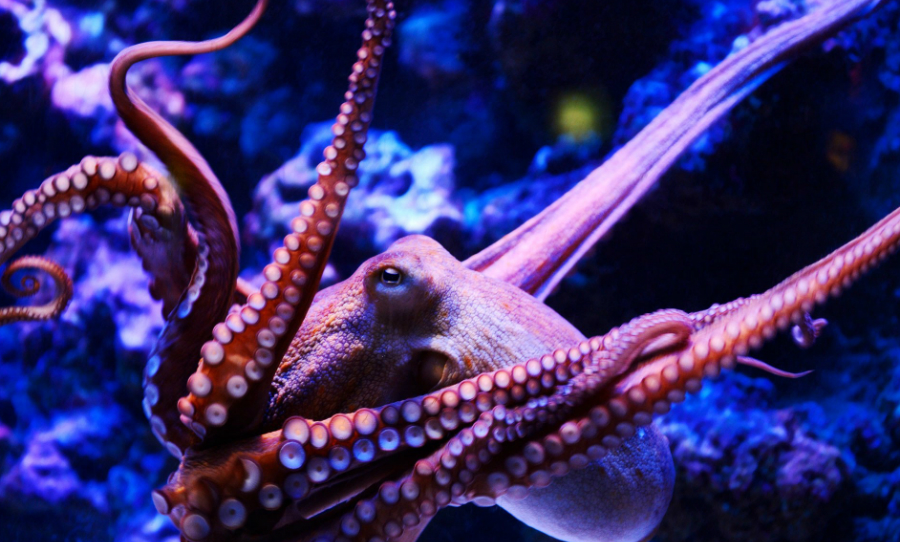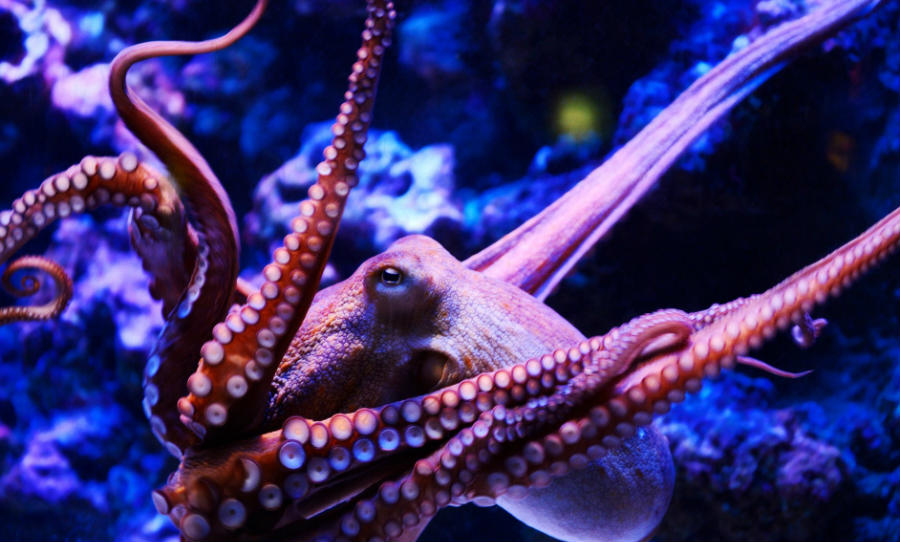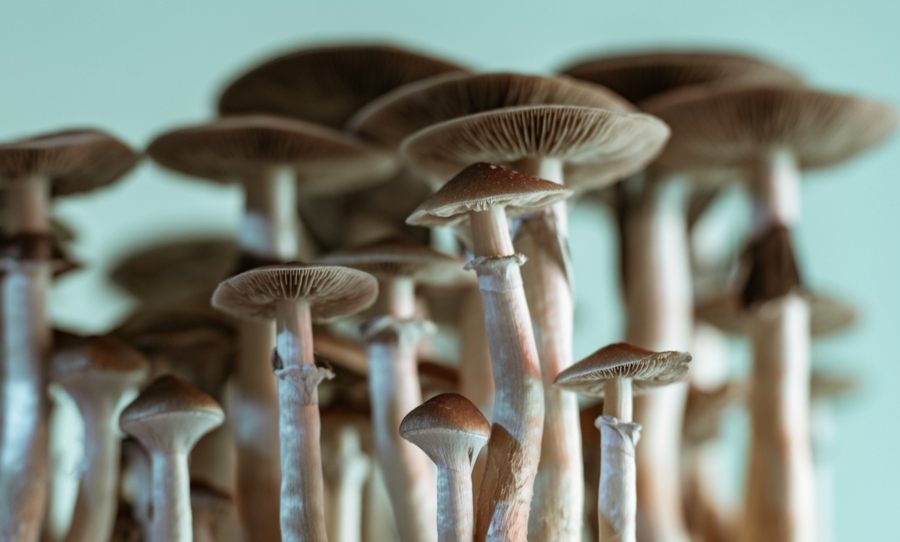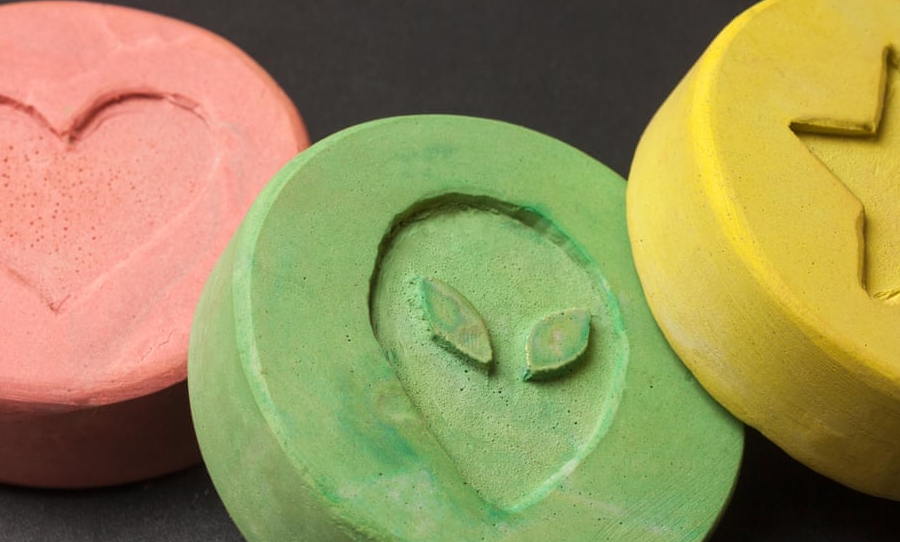A new study suggests that octopuses are affected by MDMA in a similar way to human beings.
Researcher Gül Dölen undertook unprecedented work to investigate how the differing brain structures of an octopus is affected by the chemical MDMA, also known as ecstasy. Commonly referred to as the love drug, the chemical is known as such as it allows for humans be more social and more comfortable in their surroundings.

Neuroscientist Gül Dölen shed light on the similarities between the brain structure of humans and octopuses with her recent MDMA laced study.
This is due to a the chemical latching on to a protein in the brain, blocking chemical absorption and causing a massive influx of serotonin. Whilst the brain structure of an octopus varies significantly from that of humans, we both share that same protein that allows for the serotonin overload.
Interestingly, octopuses of both genders are attracted to females and repulsed by males. Yet when under the influence, the test octopus would spend more time with their less favourable male colleague. The octopus was also observed exposing the mouth on its underside which is very out of character for the species.
As octopuses are usually solitary creatures, it’s hard to say whether the drug actually made them more social or whether it just affects their perceived attraction to others. Regardless, it was obvious to Dölen that the octopuses were having one hell of a good time.



